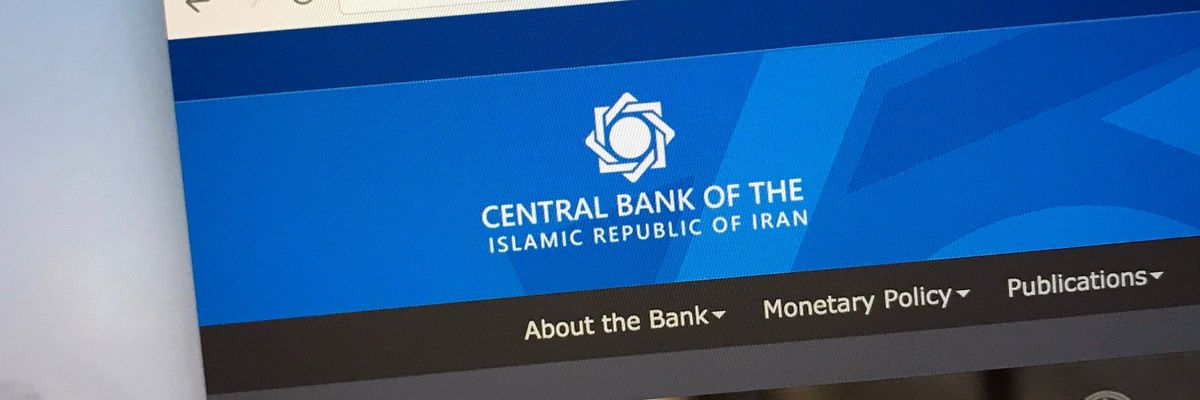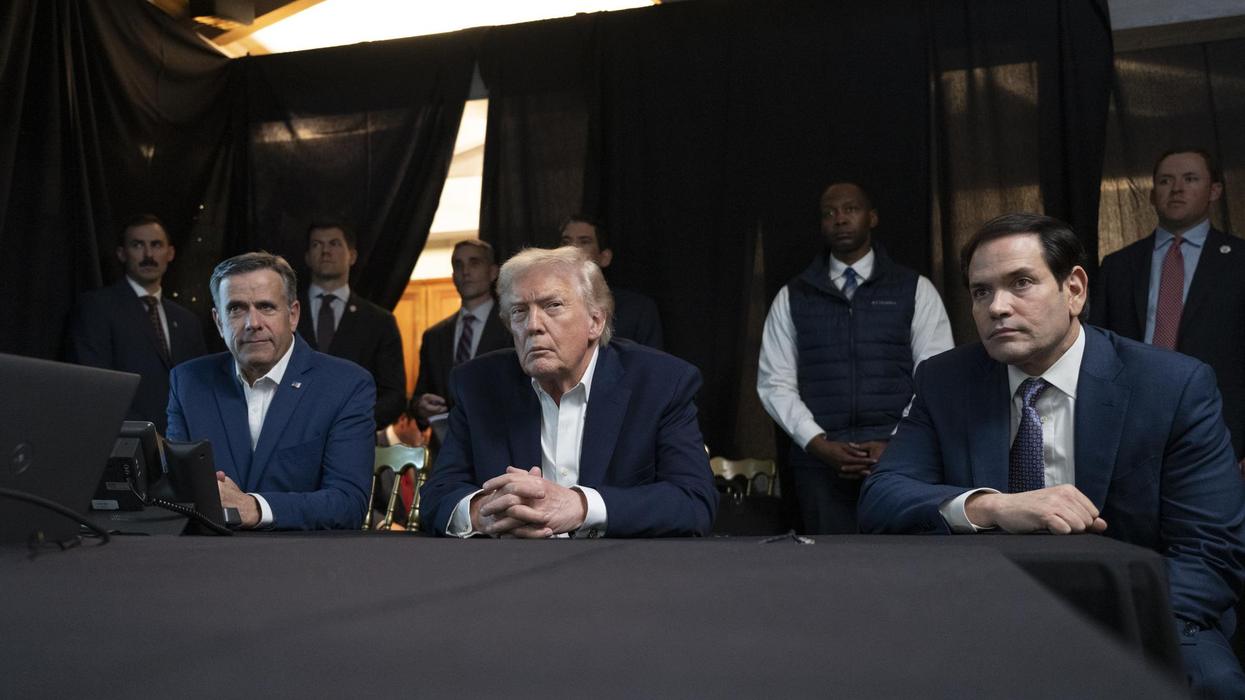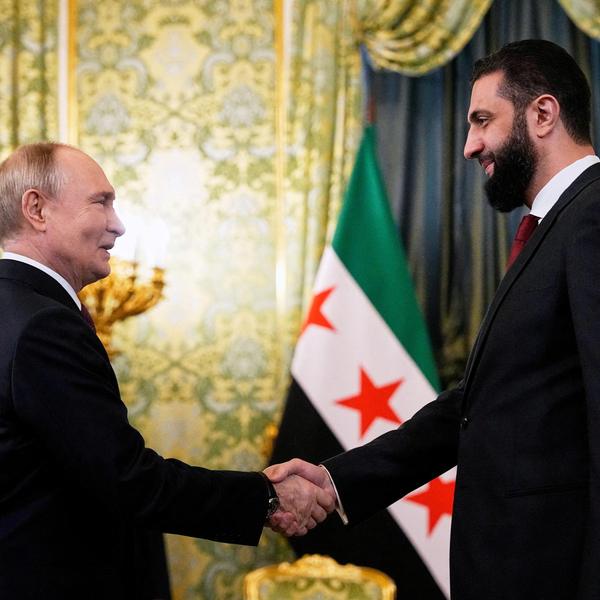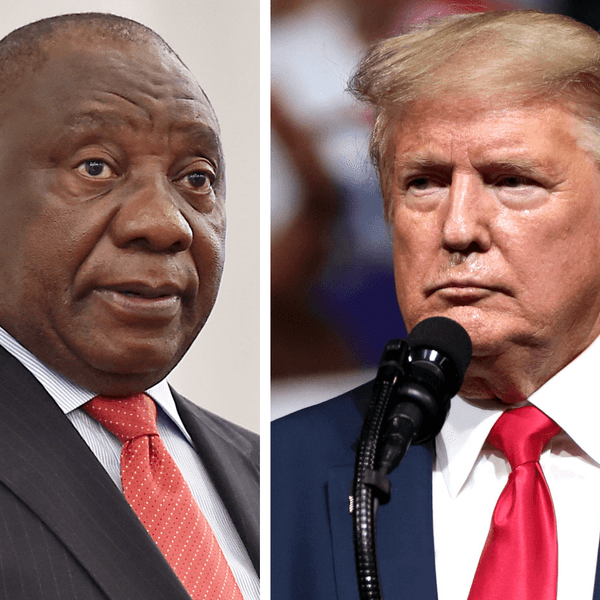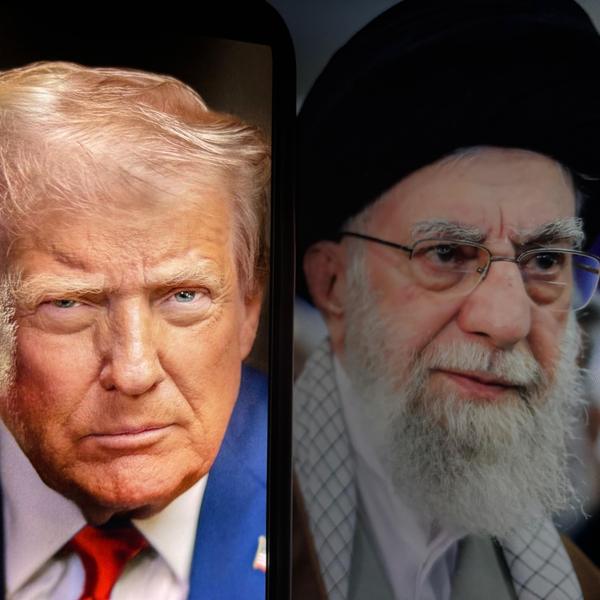Iran’s leaders are sounding the alarm over mounting economic isolation — not just from U.S. sanctions, but the nation’s ongoing blacklisting by the Financial Action Task Force, an intergovernmental organization that focuses on anti-money laundering and counter-terrorist financing. Iran’s opaque financial system and appetite for financing global terrorism have earned the nation an on-again, off-again spot alongside North Korea on the FATF “High Risk Jurisdiction” or “blacklist” since 2008.
In an October 28 interview, Iranian Foreign Minister Javad Zarif made it clear that he is looking to jumpstart progress on ratifying the necessary conventions to meet FATF’s requirements while admonishing fundamentalists causing Iran’s “self-sanctioning.”
And last month, Iran’s Supreme Leader Ayatollah Ali Khamenei approved the revival of these bills, possibly anticipating the incoming Biden administration. FATF granted Iran temporary reprieve from the counter-measures of the blacklist with a one-year action plan in 2016 following the implementation of the Iran nuclear deal. After four years of Iranian legislative failure, FATF members voted to return the nation to its familiar spot on the blacklist this February.
While it is ultimately up to individual states and firms how to respond to FATF’s decision, Iran’s economic lifelines — China, Russia, and Europe — appear to be heeding FATF’s call to reduce exposure to the nation’s troubled financial system. As the incoming Biden administration considers its approach to reviving the JCPOA, an increasing alignment of Iran’s economic partners on FATF issues presents an opportunity to mitigate the corruption and money laundering plaguing the Iranian financial system. Even under a fully functional nuclear deal, the Iranian people saw that sanctions relief cannot yield widespread economic betterment if foreign firms will not risk exposure to unsavory characters lurking in Iran’s deficient financial system.
Further, the incoming Biden administration continues to raise the profile of cracking down on illicit finance, which complements President-elect Biden’s promise “to bring transparency to the global financial system.” Separate from efforts to bring Iran back into compliance with key limits in the nuclear deal, the Biden administration should work in concert with China, Russia, European allies, and Congress to encourage necessary Iranian financial reform.
The administration can do so by coordinating a campaign outlining the limits of U.S. sanctions relief and incentivizing FATF compliance with European export credits and development assistance, which would make for more permanent change.
Political establishment versus the shadow state
Cleaning up Iran’s underground economy is part of an internal power struggle over its revolutionary identity and its future reintegration with the global financial system. Most recently, Iran’s parliament passed several FATF-related bills in 2018 that included legislation to ratify the Terrorist Financing Convention. Fundamentalists in the Supreme Leader’s Guardian Council staunchly opposed these financial transparency measures and relegated the bills to legislative purgatory in the Expediency Council. Opponents of FATF compliance claim that timely reforms would infringe on the nation’s financial sovereignty.
In reality, hardliners are likely more concerned with maintaining institutional financial networks through which hundreds of millions of dollars are transferred annually to Iranian Revolutionary Guard Corps allies like Hamas and Hezbollah. While the IRGC could use less efficient, informal means of funneling money to its terrorist proxies, FATF compliance poses an even greater threat to the paramilitary group’s domestic legitimacy. Under the shadow of sanctions and lax regulation, the IRGC has enriched itself while using opaque holding companies to surreptitiously takecontrol of key Iranian industries. Widespread financial reform will reduce the IRGC’s power and perhaps achieve some financial justice for Iranians.
Reining in Iran’s foreign financial risk
Even the nations fighting to rescue the JCPOA have enacted counter-measures against Iran’s delinquent financial system. While China has financial deficiencies of its own, it is highly motivated to seek transparency to avoid unwittingly running afoul of sanctions or a reprimand from FATF, which could degrade its standing with European economic institutions. Beijing’s concerns could threaten a still-unsigned 25-year strategic partnership agreement that promises $400 billion dollars of direct investment that Tehran desperately wants. While experts are skeptical a final deal was ever forthcoming, evidence of the deal’s unraveling has been sprinkled in Iranian media.
For instance, the chairman of the Iran-China Chamber of Commerce said in August that Chinese and Russian banks are unwilling to transact with Iran because of money laundering suspicions. A member of Iran’s Expediency Council, where the financial reform bills are held up, went a step further, telling Iranian outlet Entekhab that Iran’s 25-year cooperation agreement with China cannot be implemented without resolving FATF issues.
That China and apparently Russia — Iran’s closest partners in the nuclear deal — are limiting their financial exposure to Iran speaks to the power FATF recommendations can have when major economic players act decisively. China has fought to keep Pakistan, where it has already invested billions in an economic corridor project, off the blacklist at the past two FATF plenaries. Perhaps motivated by the prospect of losing Chinese investment, Pakistan, while still stuck on the task force’s “grey list,” has made recent progress to address its terrorism financing deficiencies.
Leveraging incentives to progress in Iran is vital as European banks begin pulling away from the nation. At a recent press conference, administration spokesperson Ali Rabiee claimed that British and German banks are now refusing Iranian customers and even closing accounts, citing money-laundering and terrorism financing concerns. The United States and Europe can create clear economic incentives for FATF compliance, in the hope of shedding light on the parasites of the Iranian financial system and building up the private sector.
Expanding economic relief
Increased financial transparency could also help Tehran manage its other international challenges. The U.S. Congress has previously acknowledged FATF’s call for counter-measures in crafting secondary sanctions on Iran’s financial system in the bipartisan 2010 Comprehensive Iran Sanctions, Accountability, and Divestment Act (CISADA). The U.S. Congress would clearly welcome meaningful Iranian financial reform, and it may garner more support for the easing of sanctions in concert with other security guarantees.
Even with a U.S. move to lift secondary sanctions on Iranian banks, there is an opportunity to catalyze Chinese, Russian, and European financial isolation measures to collectively motivate Iran to enact long-term reforms.
First, the Biden administration should coordinate a direct messaging campaign with not only our European partners, but also Russian and Chinese officials, making clear that any U.S. return to compliance with the JCPOA will not entail significant economic relief unless Tehran improves its FATF standing. In recent days, Iranian state media has published articles to the same effect. It is important for Iran’s leaders to hear from their economic partners in unambiguous terms that FATF inaction will lead to continued financial isolation, regardless of relief from U.S. sanctions.
Second, the U.S. Departments of State and Treasury should educate and encourage European firms to engage Iran private industry under a more transparent financial system without running afoul of ongoing U.S. sanctions. European governments cannot force skeptical banks to engage with Iranian private industry. Therefore, the United States can support European governments’ efforts to offer export credits to promote financial engagement and cover risk with Iranian private industry, and tie further development assistance to Tehran’s standing with the FATF.
Third, the Biden administration can expand on this point of agreement and work with Congress to build clear, codified rewards for Iranian compliance with important international norms into the legislation authorizing the U.S. sanctions program. Legislation that creates a permanent incentive for Iranian FATF compliance will give Iran a path toward more stable sanctions relief under future negotiations.
Looking ahead
The Biden administration stands to inherit a maximum pressure campaign that has reached its upper limit, with current national security adviser Robert O’Brien acknowledging that “there’s very little left for us to do.” While unilateral options to achieve U.S. policy objectives in Iran have run dry, a convergence of U.S. interests and independent pressures from Iran’s partners presents a unique window of opportunity to clean up Iran’s murky financial system.
In the absence of Iranian financial integrity, sanctions relief will continue to disappoint the Iranian people, heightening cynicism about incentives to cooperate. Successfully pushing Iran toward FATF-recommended reforms would benefit the U.S. desire to reduce the IRGC’s malign regional and domestic influence while setting a better path for responsible foreign investment and economic recovery for the Iranian people.

